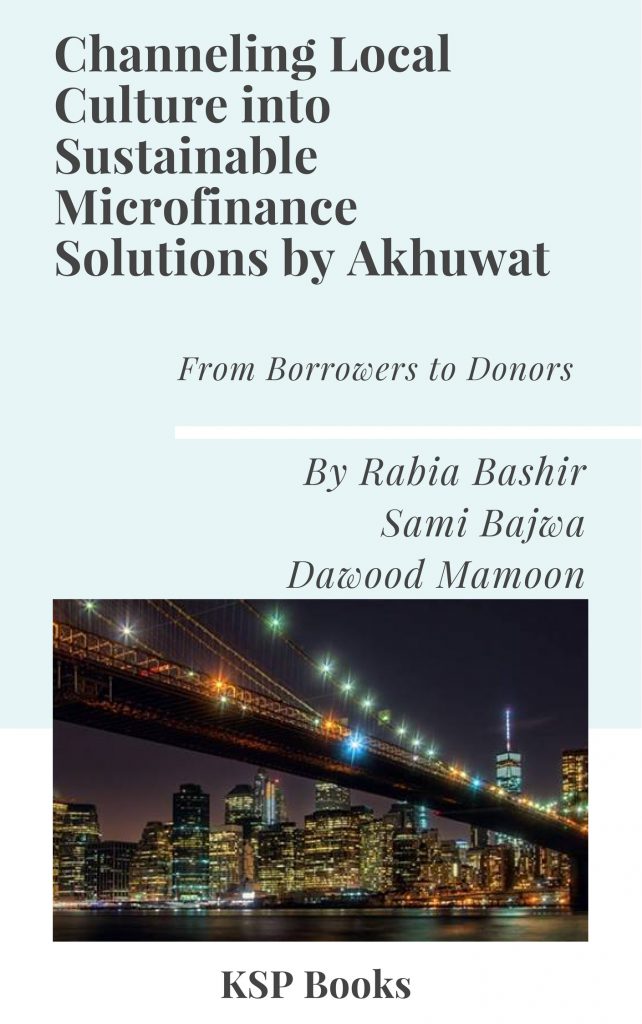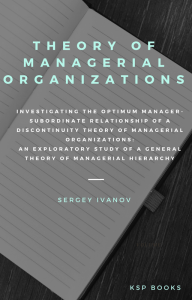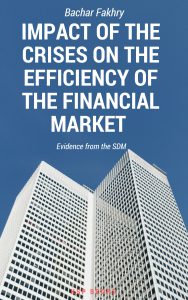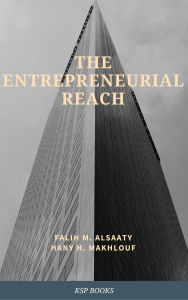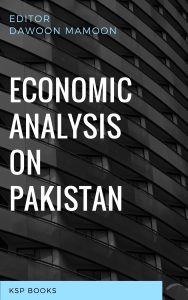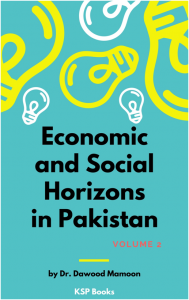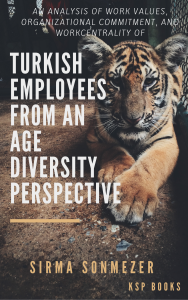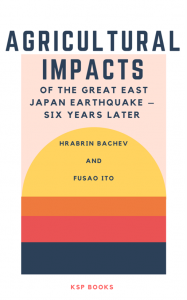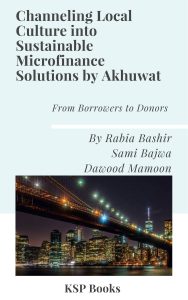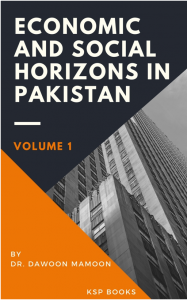Synopsis
This study is carried out to analyze the factors that results in conversion of borrowers into donors. The findings assist the microfinance institutions in coming up with the most appropriate measures to apply in order to eliminate not only defaults but also gain some financial sustainability by improving its donor profile. The study establishes that religious education and organizational religious philosophy influence borrower’s prosocial behaviors. Through religious teaching Akhuwat inculcate sense of responsibility, feeling of gratitude and psychological attachment, along with spiritual satisfaction to motivate borrowers to become donors. Being faith inspired organization; Akhuwat culture and its brand image depict strong association with Islamic value. The study recommends that the MFIs in order to enjoy a cordial relationship need to align their business philosophy with the local culture.
Contents
About Author
This study is carried out to analyze the factors that results in conversion of borrowers into donors. The findings assist the microfinance institutions in coming up with the most appropriate measures to apply in order to eliminate not only defaults but also gain some financial sustainability by improving its donor profile. The study establishes that religious education and organizational religious philosophy influence borrower’s prosocial behaviors. Through religious teaching Akhuwat inculcate sense of responsibility, feeling of gratitude and psychological attachment, along with spiritual satisfaction to motivate borrowers to become donors. Being faith inspired organization; Akhuwat culture and its brand image depict strong association with Islamic value. The study recommends that the MFIs in order to enjoy a cordial relationship need to align their business philosophy with the local culture.
1. Introduction
2. Literature Review
2.1. Introduction to Microfinance
2.2. Microfinance as Development Tool
2.3. Models in Microfinance
2.3.1. Progressive Lending-Banco Sol Model
2.3.2. Microfinance with a Difference: Islamic Microfinance
2.3.3. Limitation of MFIs Model
2.3.4. Problems Faced by MFIs
2.3.5. Ethical Concerns in Microfinance
2.3.6. Role of Ethics in low class individuals
3. Conceptual & Theoretical Framework
3.1. Propositions
3.2. Akhuwat Case
4. Research Methodology
4.1. Paradigm
4.2. Philosophical assumptions
4.2.1. Ontological
4.2.2. Epistemological
4.3. Type of research
4.4. Research Approach
4.5. Research strategy
4.6. Unit of Analysis
4.7. Interpreting Results
4.8. Ensuring Quality
4.8.1. Construct validity
4.8.2. Internal validity/credibility
4.8.3. External validity/transferability
4.8.4. Reliability/dependability
4.9. Data collection
4.10. Data Analysis
4.11. Reporting Structure
4.12. Time Horizon
4.13. Ethical Considerations
5. Results and Interpretation
5.1. Emerging Themes
5.1.1. Religious Factors
5.1.2. Organizational Factors
5.1.3. Human Factors
5.2. Interpretation of Themes
5.2.1. Religious Factors
5.2.1.1. Islamic Philosophy of IFM
5.2.1.2. Use of religious places
5.2.2.3. Religious Education/Teaching
5.2.2.4. Nobel Act
5.2.2.5. Spiritual Satisfaction
5.2.2. Organizational Factors
5.2.3. Human Factors
5.2.3.1. Psychological Attachment
5.2.3.2. Increased Sense of Responsibility
5.2.3.3. Feeling of Gratitude
5.3. Additional Observations
6. Discussion
7. Conclusions
8. Limitation and Future Research Directions
Appendix
References
Dr. Dawood’s research interests center on issues of national competitiveness. His research, published in the Journal of Peace Research and Economics of Governance, finds that bilateral and multilateral trade mitigates conflict between India and Pakistan, and would like to extend his analysis to look at how spending on education or levels of education behave with respect to conflict. He believes that one reason poverty has not been significantly reduced in some developing countries is due to prevalent conflict. He also is director of the Center for Graduate Research. Among the courses he teaches is Harvard Business School’s microeconomics of competitiveness. He also supervises Ph.D and MS research and manages MS programs in the School of Business and Economics. Dawood holds a Ph.D in Economics of Sustainable Development and an MA in Development Economics, both from Erasmus University, the Netherlands. He also holds an MPhil and an MS in Economics, both from Quaid-e-Azam University in Pakistan.
ISBN
978-605-2132-43-2
Date of Publication
July 15, 2018
File Size: 2398 KB
Length: xiii + 86 pages
This work is licensed under a Creative Commons Attribution 4.0 International License.
